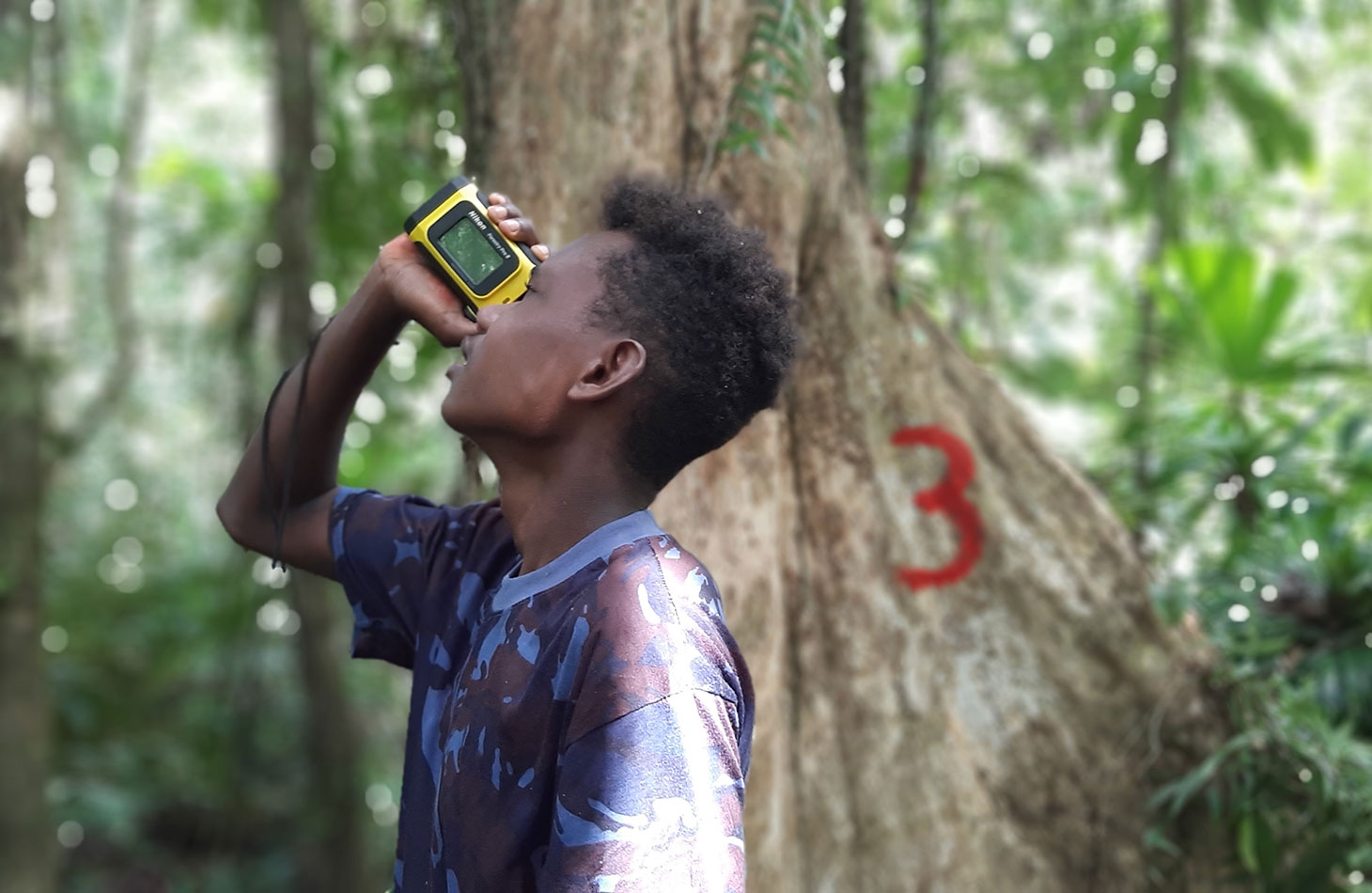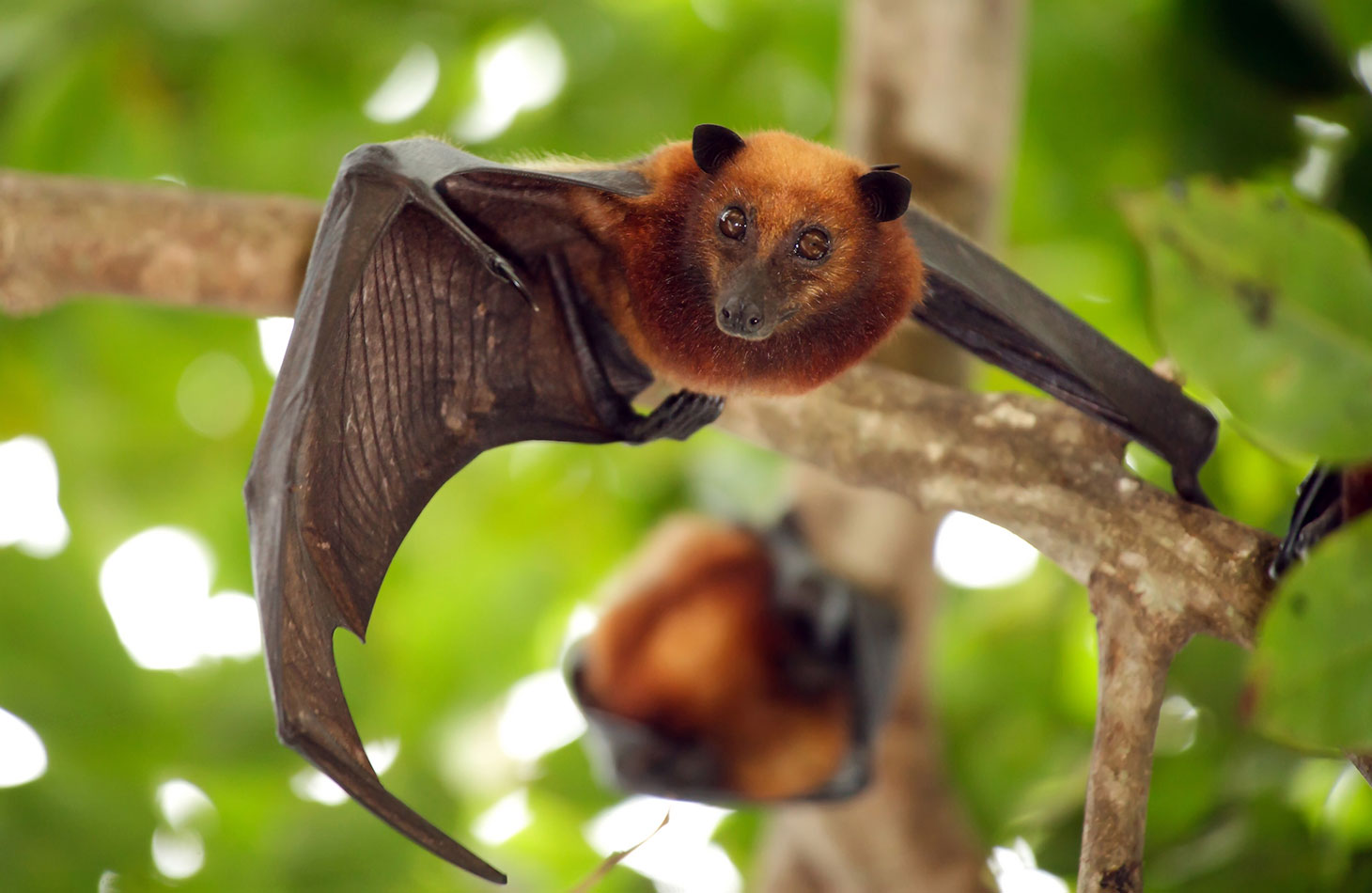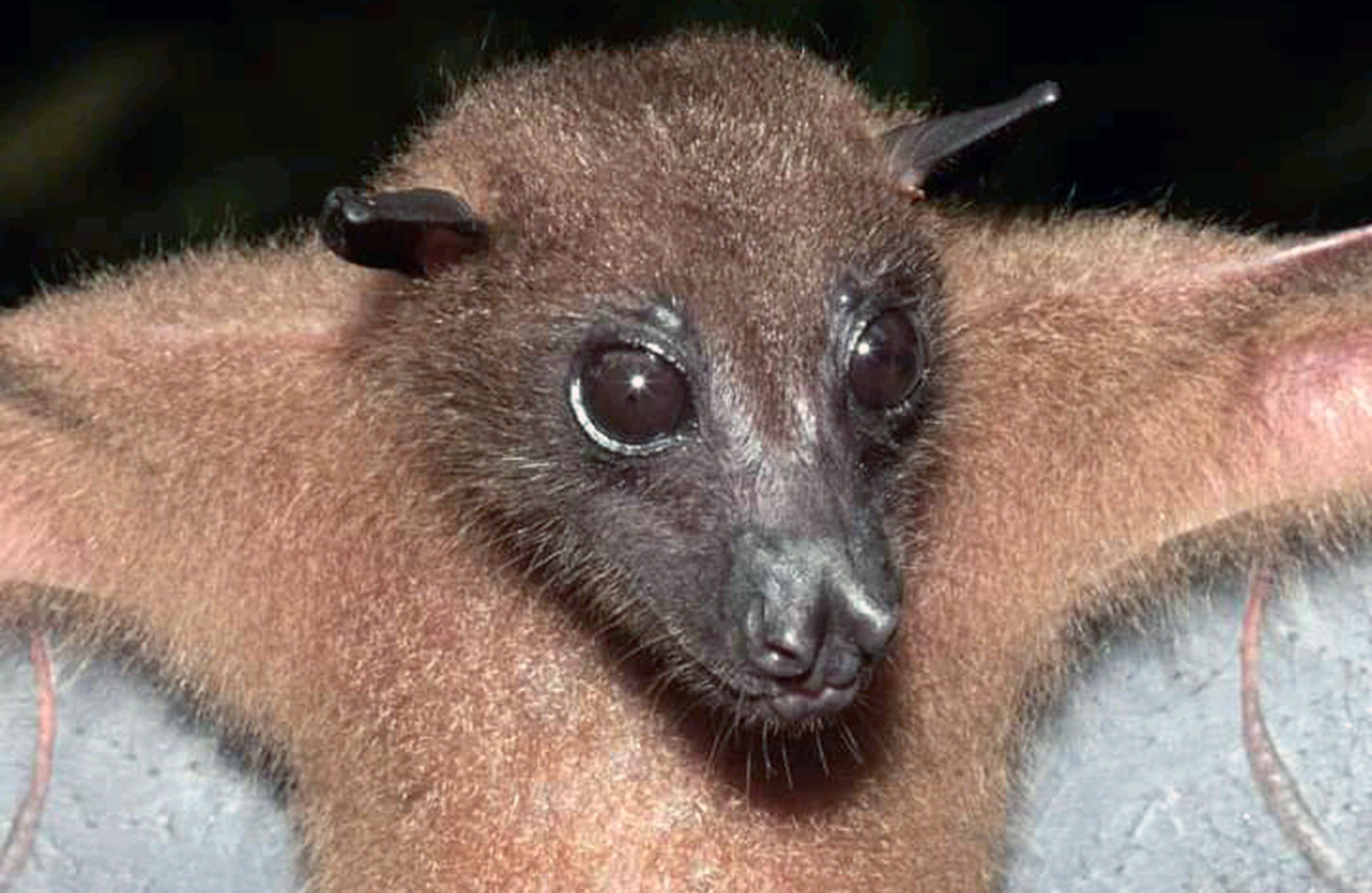Rainforest Protection Thanks to Indigenous Communities in Solomon Islands
Project type: Land Use and Forestry
Project location: Babatana Area, South-West Choiseul, Choiseul Province, Solomon Islands
Project status: In operation, credits available
Annual emission reduction of the whole project: 17,423 t
This forest conservation carbon project protects pristine rainforest in Solomon Islands from commercial logging and promotes alternative income for Indigenous Peoples. Carbon emissions are reduced, biodiversity and ecosystems remain intact and Indigenous rights are upheld.
On South Choiseul in Solomon Islands, tribes from the Babatana language group are choosing to protect the rainforests and support their community. This is a region where large-scale logging is a constant threat for forests, biodiversity and communities. By participating in carbon projects and establishing protected areas, customary landowners are supported to move away from these destructive practices and towards ecosystem conservation. Income and benefits from the project flow into the community to build economic, social, cultural and environmental resilience. Land and carbon rights always remain with customary landowners and benefits are shared fairly and decided on by the community.
Sirebe were the first tribe to participate in the Babatana Rainforest Conservation Project. In 2019, they also became the first tribe in the Solomon Islands to establish an official protected area under the Solomon Islands Protected Areas Act. Following the leadership from Sirebe, other Indigenous tribes — including Siporae and Padezaka — are in the process of developing their forest conservation and carbon projects.
Babatana rainforest is a key biodiversity area and home to endemic species
The Babatana lands lie along the Kolombangara River and comprise part of the Mount Maetambe-Kolombangara River Corridor — a key biodiversity area listed by the International Union for Conservation of Nature. The rainforest supports a diversity of endemic plants and animals such as the Solomon’s Bare-backed fruit bat (Dobsonia inermis), Solomon flying fox (Pteropus rayneri), 21 species of frog and many beautiful birds. The forest is also home to vulnerable and rare trees.
The benefits we get from carbon trading in the area we conserve is to have access to rich clean water and there are rare animals and plants which our Pikinini (children) in the future can see in our forest.
The forest provides vital ecosystem services for Indigenous customary landowners, including protection from extreme weather and climate change impacts. Clean drinking water is available to communities, and healthy rivers flow into ocean ecosystems to support mangroves and coral reefs. The forest is a fundamental part of the cultural identity for Babatana tribes, and for generations they have relied on it for food, traditional medicine, sustainable building materials and other resources that support their economic development.
Alternative livelihood activities and women’s savings clubs
Thanks to a participatory benefit sharing approach, tribes decide how to use carbon credit income to support the entire community. Sirebe Tribe have chosen to invest in core items that benefit everyone — and families have been able to improve their standard of living through sanitation, improved housing, education and small business start-ups.
For my family, I will pay for school fees, then other commitments like housing materials. These are always needed in the family. Now I can buy these things using the money I saved. I can establish my small business and also help meet community needs.
Sirebe Tribe’s carbon project has a particular focus on supporting women’s livelihood development through Women Saving Clubs. Money is shared among members to start up small businesses or pay for school fees, solar lights and building materials. Loans can be taken with low interest. Women’s saving clubs are an important and culturally appropriate approach to ensure women can benefit from the project and participate in the community’s financial decision-making. Members of these groups have received financial and catering training and participated in computer literacy workshops.
Where exactly does the money from carbon financing go?
The Sirebe Tribe use their carbon credit income to pay for ten forest ranger positions, who map, monitor and protect the rainforest. Rangers receive training in digital mapping tools, forest inventories, carbon accounting and biodiversity monitoring. They also receive technical support from a local conservation organization to monitor and protect the protected area by using mobile devices to collect data about biodiversity, land management and carbon. Further, five key positions in the Sirebe Tribal Association are financed: Project Manager, Finance Officer, Operations Officer, Canoe Driver, Chairman. Credit income then goes towards community infrastructure as decided by the community. Since receiving their first payment in 2021, Sirebe have used income for new water tanks for the village and sanitation facilities for families in need. Some families have used carbon income to invest in a fishery business, a mechanic and welding workshop and a bakery. Sirebe have constructed a ranger station and sanitation facilities in the Sirebe protected area. Sirebe Tribe also used some income to upgrade the community hall and build new homes for families.
Project and implementation partner of myclimate
Nakau, the project partner of myclimate, is a social purpose enterprise who works alongside Indigenous Peoples and customary landowners across the Pacific Islands. They help develop community-owned projects that support nature, people, culture and climate resilience. Nakau works closely with local Solomon Islands partner Natural Resources Development Foundation (NRDF), which was established in 2004 to address the ongoing exploitation of forests resources by foreign logging companies and to provide sustainable resource management opportunities to communities in the Solomon Islands in order to protect these precious natural resources for current and future generation.
Monitoring and verification of the project
Customary landowners and technical specialists measure the carbon and monitor the ecosystem and the project’s social impact and then report to Plan Vivo – the oldest standard for Land Use and Forestry projects developed specifically to benefit smallholders and local communities. Plan Vivo certification requires the Babatana Rainforest Conservation Project to deliver real and lasting emissions reductions, and to ensure economic, social and environmental core benefits are delivered for Indigenous Peoples. These include things like rich biodiversity, soil and air quality, inclusion of women and improved livelihoods. The project is monitored each year to check additionality, permanence, leakage and baseline threat. It is audited and verified every five years by an independent third party. See more details under "Documentation”.
This project contributes to 9 SDGs (as of end 2024):
Find out how myclimate reports these SDGs in our FAQ.
The following SDGs are verified by Plan Vivo:
Investments into the community via the Sirebe Tribal Association.
10 water tanks installed
10 rangers employed and Sirebe landowners attend regular training in business planning and governance.
Women’s Saving Clubs supported with more than 40 members.
108,895 tonnes CO2 verified emissions reductions since the project commenced (Sirebe Tribe).
806 Ha of forest (Sirebe) legally protected under the PA Act and Conservation Management Plan developed and implemented
These SDGs have been approved by myclimate:
Forest rangers and Tribal Association members received training in monitoring, mapping, climate change, first aid, tour guiding and finance.
40+ women from Sirebe received training in computers and catering as part of Women's Saving Clubs.
2.8 km of river protected
Situation without project
Deforestation, loss of biodiversity, increased natural disaster risksDocumentations
Project standard

Partner

Project number
7225
























